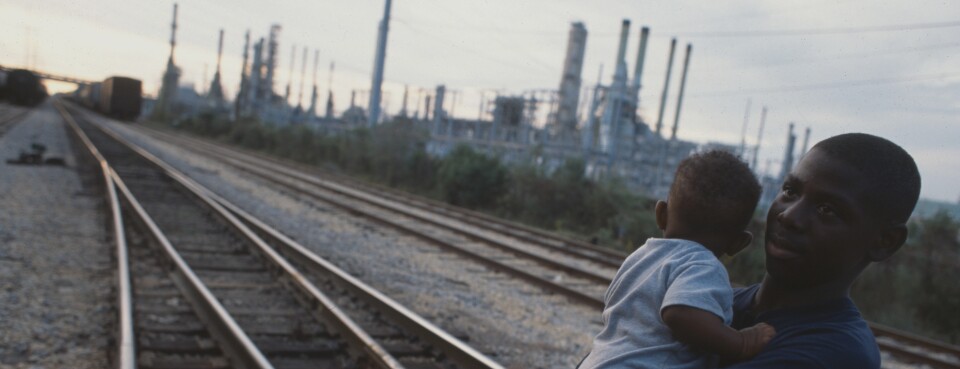Environmental justice requires a healthy democracy
In our quest for the right to vote, we are not only fighting to be heard, we are fighting for our lives. Whether the Freedom to Vote Act or the John Lewis Advancement of Suffrage Act, our leaders have rightly focused on state laws aimed at rolling back recent gains in access to the ballot box. What has been overlooked is how essential a healthy democracy is to healthy communities of people and wildlife.
When states are allowed to limit who can participate in choosing our elected officials, they perpetuate inequalities that have left communities of color and low-income communities at much higher risk of devastating diseases such as lung and heart disease, asthma, diabetes, lead poisoning and exposure to harmful chemicals and toxic substances such as PFAS.
For example, more than 100,000 people in the United States die every year due to air pollution – with Black and Latina communities suffer disproportionately number of such deaths – far higher than deaths from gun violence. And black Americans are much more likely than their white peers to live near or next to oil and gas wells and other industrial facilities that release deadly carcinogens like benzene and formaldehyde into the
These sources of pollution and others only exacerbate the ongoing Covid-19 the disproportionate impact of the pandemic on front-line and fence-line communities. When we say, “I can’t breathe,” we literally can’t breathe.
These environmental injustices are caused by a political system that has consistently made it more difficult, if not illegal, for Black, Latinx, Indigenous, and other communities of color to vote.
Systematic exclusion from democracy
Since the end of Reconstruction, black voters and other people of color have been systematically excluded from our democracy. Whether through horrific lynchings and other brutal acts of terrorism perpetrated against black Americans, or through insidious and pervasive Jim Crow laws, or Efforts today to dismiss election results from predominantly black communities and communities of color, the methods, discrimination, and exclusion have often changed, but their goals have remained constant and consistent for generations.
We have seen brief examples of lawmakers rallying to reforms, from the 15th Amendment to the Voting Rights Act of 1965, only for later leaders to slow down and reverse that progress. In the meantime, policy makers in our incomplete democracy have turned a blind eye to how their decisions have left the least represented – Blacks, Indigenous, Latinx, Asian Americans and other marginalized communities – exposed to pollution and the impacts climatic.
We need to start solving this problem by passing the John Lewis Free Suffrage and Advancing Voting Rights Act Act. After all, a healthy democracy is essential to ensuring that people and wildlife go from survival to thriving.
Environmental justice and conservation are linked
Wildlife conservation and environmental justice may seem disconnected, but they complement each other: when people have access to clean air and clean water, so does wildlife.
When we make communities more resilient to climate change and natural disasters, the wildlife we live with is also safer. And when we ensure hunters, fishers, hikers and other outdoor enthusiasts have safe access to the outdoors, we inspire and empower new generations of wildlife advocates.
The only way to create truly lasting victories for people and wildlife is to strengthen our democracy and ensure everyone has safe and equal access to the ballot box.
The right to vote and participate in our democracy is essential to uplifting all communities and ensuring that decision-makers, from the halls of Congress to city councils, leave no one behind. The opportunities are immense, including ensuring that a 21st century civilian climate corps and other clean energy and manufacturing jobs programs invest in the communities that need it most.
That’s right, the past is prologue – and unless our leaders can find the courage to find a way forward on the Free Suffrage Act and the John Lewis Advancing Voting Rights Act, we We will never address environmental and health disparities by keeping significant numbers of our fellow Americans from even having a chance to succeed.
This article does not necessarily reflect the views of the Bureau of National Affairs, Inc., publisher of Bloomberg Law and Bloomberg Tax, or its owners.
Write for us: guidelines for authors
Author Information
Mustapha Santiago Ali (Ph.D.), is vice president for environmental justice, climate, and community revitalization at the National Wildlife Federation. He served as Deputy Associate Administrator in the EPA’s Office of Environmental Justice for more than two decades.


Comments are closed.